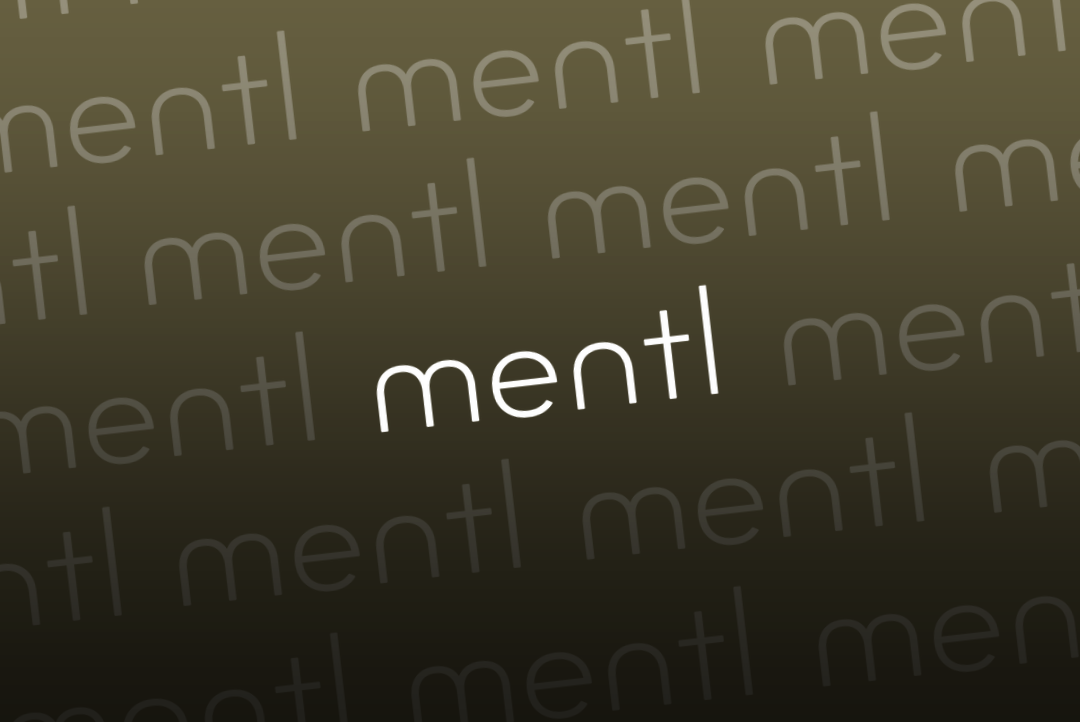How changing careers can change everything you know about yourself
Something was wrong, very wrong. Amid all the excitement, something was eating away inside me, and I didn’t know it.
Swept up in events, engrossed in the new, embracing the challenges ahead, deeper down, something fundamental inside had shifted, and the destabilising impact of it would only show itself over the coming weeks. It would be months, if not years, before I could name what had happened to me.
The quiet, almost unseen trauma of it would eventually set in motion a series of life upheavals that ultimately would put me in a very different space. It was the start of an evolution involving pain, personal heartache and mental health challenges.
In Coldplay’s words, ‘Nobody said it was easy, no one said it would be so hard.’
What had happened? I had shifted careers; that is what had happened, and not by so very much.

It was a great new role in a great new city – Dubai – with a great company with a culture very different and much more positive than I’d known in three decades.
But therein lay the Shawshank Redemption-esque quandary. I’d been in one career, one industry for three decades, fundamentally, I knew my turf and my strengths, developed over 30 years, but I’d been quietly institutionalised. So, like the inmates of that film, walking out of prison gates I’d myself unwittingly fashioned into a landscape I didn’t know had a profound impact.
Perhaps the trigger was the business card; where the title had once read journalist and then editor, it now read ‘senior consultant’, a small change perhaps, but what it represented what a complete reorganisation of my mental DNA.
Until that point, my entire self-image since I was a teenager, essentially who Scott was at his core, had been that story getter/teller, but at some blurred point in my past, my sense of individual, my sense of self had been overwritten by a job description. Like a virus, it had attached itself to the cells of my deep-seated and unknown insecurity; it had supplanted ‘Scott the human’ with ‘Scott the role’. My job was not something I did; it was who I was.
And so that business card and everything it represented in a flash had ripped up the foundations of my identity.
Over the next six months, while externally, or at least professionally, my work was valued, inside I was all at sea. My responses to situations were irrational, minor frustrations would ignite internal furies that occasionally manifested in foot stamping. Thankfully mobiles meant there were no phones to slam. I constantly questioned my judgement, I found it hard not to take feedback personally, my long-held imposter syndrome was now in overdrive, and I had no North Star to guide me. I grieved for the loss of the old (on the surface at least) confident Scott, the man who had applied for this change in the first place. Where had that certainty gone? Where had my confidence gone?
I would take client calls at weekends or nights and withdraw from my family, who rightly called this out, but I was reeling. I dismissed this as ‘they simply didn’t know the pressure I was under’. That led to unnecessary arguments, in which I was wrong but couldn’t see it. In the build-up to flights away, I would tell myself it would be simpler, I’d be able to focus on the work without the ‘distractions’, but within minutes on the plane rolling down the tarmac, I’d be in tears.
At a base level, physically and emotionally, I knew that family was the North Star, but I spent many months hiding from this truth, telling myself not to be weak, to ‘man up’, to ‘suck it up, buttercup’, and to keep working.
Looking back, especially given my mission now, changing careers was an incredible privilege. It represented a remarkable period of growth, and it was the beginning of the separation of role and self. It started me down the road to rediscovering myself. It’s a path I treasure and continue to walk.
So, would I recommend changing careers? It was absolutely one of the best life choices I ever made, but it would take me years to recognise what it truly gave me.
If you are thinking of shifting your career, and given the economic climate, this may be something you chose to do, or is forced upon you, here are ten things to look for and ten ways to cope.
Ten stresses to be prepared for:
- Anxiety and fear of the unknown
- Imposter syndrome
- Loss of identity or self-worth
- Strained relationships
- Financial stress
- Difficulty in work-life balance
- Comparing yourself to others
- Overwhelm and decision fatigue
- Burnout
- Grief and loss from leaving your previous career
Ten coping strategies:
- Develop a support network: Connect with friends, family, and professional networks to share your experiences and seek guidance.
- Set realistic expectations: Understand that adjusting to a new career takes time and that setbacks are a natural part of the process.
- Practice self-compassion: Be kind to yourself and recognise that it’s okay to feel overwhelmed or uncertain at times.
- Embrace learning: View this transition as an opportunity to learn and grow, both professionally and personally.
- Prioritise self-care: Make time for activities that promote physical, emotional, and mental well-being, such as exercise, mindfulness, and hobbies.
- Establish boundaries: Set clear limits between work and personal life to maintain a healthy balance.
- Seek professional help: If you’re struggling with your mental health, consider speaking with a therapist or counsellor.
- Break tasks into smaller steps: When faced with a large task, break it down into smaller, more manageable tasks to reduce stress.
- Focus on your strengths: Recognise your unique skills and abilities, and use them to build confidence in your new career.
- Develop a routine: Establishing a consistent daily routine can help create a sense of stability during this period of change.
